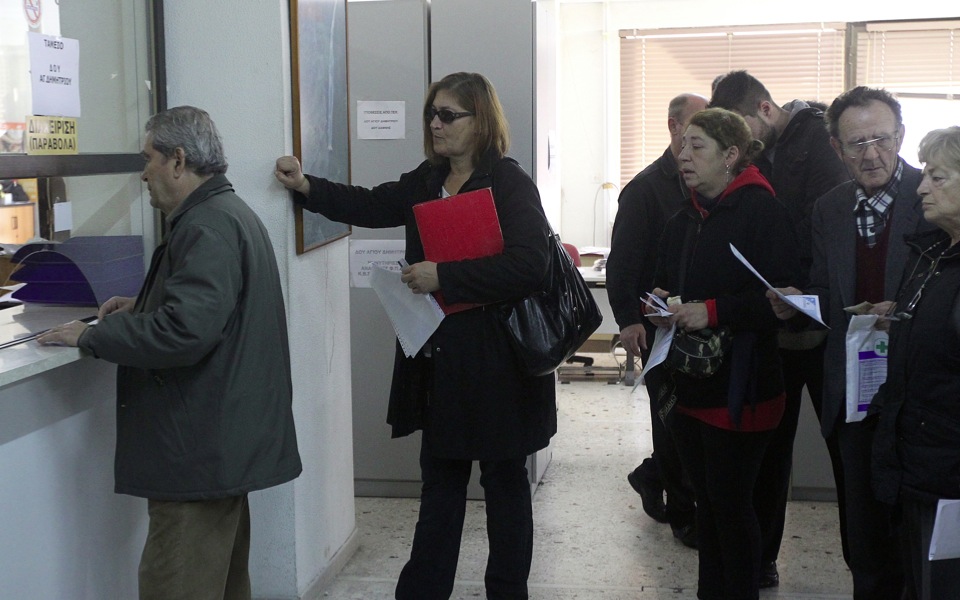Corporate tax rates drive investors away

While most countries in the developed and developing world are reducing tax rates to attract investments, in Greece the corporate tax is the fifth highest among the member-states of the Organization for Economic Cooperation and Development (OECD), according to Ernst & Young.
Its survey titled “The Outlook for Global Tax Policy in 2018,” covering the estimates and forecasts in 41 countries around the world, shows that taxation in Greece remains heavy and noncompetitive due to the high rates, and fails to secure higher revenues for the Greek state than other countries do with lower tax rates.
In Greece the corporate tax rate is particularly high at 29 percent, sharing fifth spot with Belgium among the highest rates in the OECD countries, while countries neighboring Greece have rates that range between 10 and 12 percent.
The report notes that after the changes introduced in the last few years, no modifications can be expected in the main tax rates in Greece (concerning corporate taxes, income taxation and value-added tax) this year. However, EY observed that there may even be an increase in the tax load on fronts such as the taxation of capital profits, the withholding of taxes and the taxing of digital activities.
In 2019, if the target for a primary budget surplus of 3.5 percent of gross domestic product is met, a set of so-called countermeasures will be implemented to boost growth, including the reduction of the corporate tax rate by three percentage points to 26 percent, EY said in its report.
The report also foresees tax inspections being increased in the context of combating tax evasion this year, while there is also a reference to a decision by the Council of State that reduces the jurisdiction of the state in probing past financial years for tax crimes to just five years.
Commenting on the findings, the head of the tax department of EY Greece, Stefanos Mitsios, said, “There is a need to review this tax policy that limits growth, discourages investments and leads to the increase of the illegal economy.”





